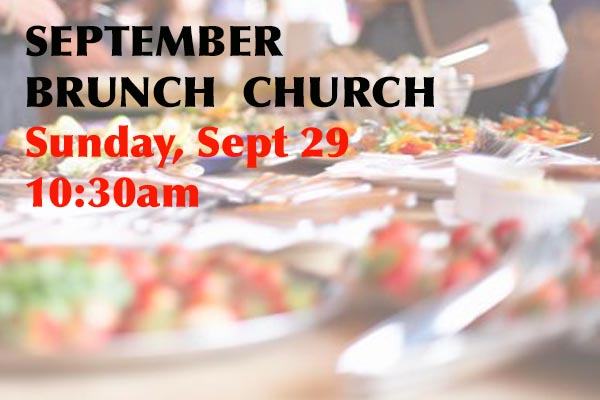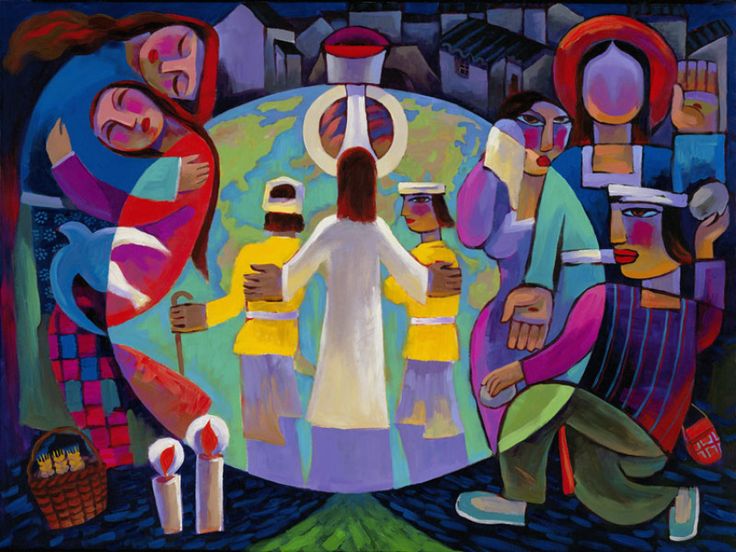SUN, Sept 29: 10:30am Worship & Brunch Church
Worship & Brunch Church Join us for worship around a common meal in the Parish Hall! We meet first in the sanctuary, then retiurn to the Parish Hall. JCC provides main entrée and beverages. Potluck contributions: feel free to bring your favorite brunch items to the potluck table! Drop off your potluck item it in […]



